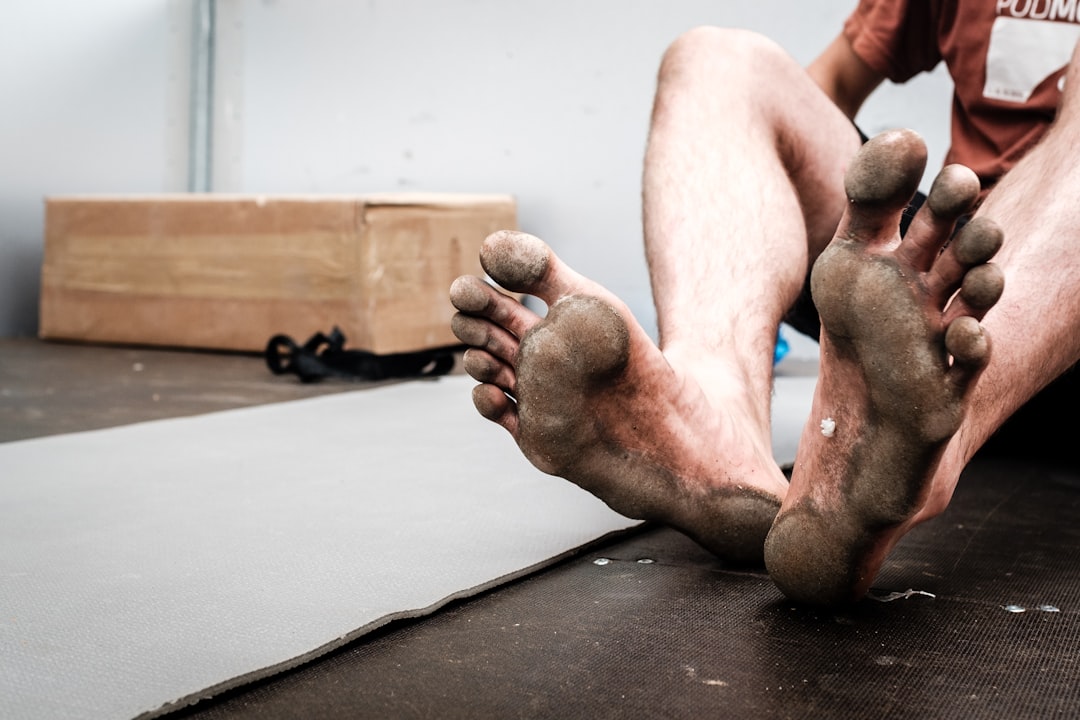
He set an example
by washing their feet,
commanding them to do unto one another
the very same feat.
― Chiradeep Patra ―
Maundy Thursday (the Thursday of Holy Week on the Christian calendar) observes and remembers the Last Supper of Jesus Christ with his disciples. “Maundy” comes from the Latin mandatum, which means “commandment,” referring to the “new” command Jesus gave to his disciples—that is, to love one another.
In some traditions, this day is marked by special church services, foot washing, the sharing of the Eucharist (communion or Lord’s Supper), and the stripping of the altar. The stripping of the altar involves the removal of all decorations, ornaments, clothes, and candles from the altar and surrounding area. The stripped altar provides a powerful visual as it remains bare until Easter Sunday when it is decorated again with flowers and other adornments.
Jesus washes the disciples’ feet
3 Jesus knew the Father had given everything into his hands and that he had come from God and was returning to God. 4 So he got up from the table and took off his robes. Picking up a linen towel, he tied it around his waist. 5 Then he poured water into a washbasin and began to wash the disciples’ feet, drying them with the towel he was wearing. 6 When Jesus came to Simon Peter, Peter said to him, “Lord, are you going to wash my feet?”
7 Jesus replied, “You don’t understand what I’m doing now, but you will understand later.”
8 “No!” Peter said. “You will never wash my feet!”
Jesus replied, “Unless I wash you, you won’t have a place with me.”
9 Simon Peter said, “Lord, not only my feet but also my hands and my head!”
(John 13:3-9, CEB)
When travelers had come from a long distance, with many miles on their feet, a host was required by the laws of hospitality to provide water to wash their feet. It’s not hard to imagine all that might have been found in that sandy, dusty dirt mixture found between the traveler’s toes! However, removing the sandals of a traveler and personally washing their feet was among the lowest tasks for a servant.
As the disciples lounge, leaning toward the table with their feet behind them, away from the table, Jesus picks up a basin and towel. Perhaps we can imagine him walking behind each of his friends, picking up their dirty feet, and taking the form of a servant doing the dirty work that none among them probably would have done for the other. John probably undersells the negative reaction of Peter. And Peter probably wasn’t the only one to protest.
Jesus twists and tangles every cultural norm related to social status. Like most communal cultures, honor is preserved, and shame is avoided at all costs. Maintaining proper social rank is crucial for maintaining the well-oiled machine of social expectations. Jesus shows his disciples in no uncertain terms that his kingdom will be an upside-down kingdom where the low rise to the top, the poor gain more than the wealthy, and the last cross the finish line first.
A new commandment… kind of?
34 “I give you a new commandment: Love each other. Just as I have loved you, so you also must love each other. 35 This is how everyone will know that you are my disciples when you love each other.”
(John 13:34-35, CEB)
First things first—the command to love was not new. Leviticus 19:18, for example, declares the word of the Lord, “…you must love your neighbor as yourself; I am the Lord.”
So, why does Jesus say he is giving his disciples a “new” commandment?
Well, Jesus's command is not to merely love each other. The command is to love each other just as I have loved you. Jesus gives a clear shape to what love looks like. In this small slice of Scripture, we can see how the Old Testament command is re-envisioned through the person of Jesus Christ.
And over the next few days, “as I have loved you” would be entirely redefined by Jesus’ love-filled surrender and self-sacrifice. The way we are to love each other now has a standard, a model, and a bar…and it’s Jesus. The washing of the disciple’s feet was an uncommon example of uncommon humility that flowed from uncommon love. But washing feet was just the beginning. The love of Christ lived out daily, goes much deeper.
In the same way I have loved you, that’s how you must love each other. This is how people will know that you are my disciples…when you love one another.
I am looking to you, Lord. You have said so many loving words. Your heart has spoken so clearly. Now you want to show me even more clearly how much you love me. Knowing that your Father has put everything in your hands, that you have come from God and are returning to God, you remove your outer garments and, taking a towel, you wrap it around your waist, pour water into a basin, and begin to wash my feet, and then wipe them with the towel you are wearing…
You look at me with utter tenderness, saying, ‘I want you to be with me. I want you to have a full share in my life. I want you to belong to me as much as I belong to my Father. I want to wash you completely clean so that you and I can be one and so that you can do to others what I have done to you.’“
— Henri Nouwen, Heart Speaks to Heart —
We have been washed, that we might love.
Jesus has given us a model by which to live — humble service as a foundation for a life of love.
Go…wash people’s feet…and love them like Christ.




Excellent! Thanks for the great reminder of what our purpose is as Christians. Thanks again for sharing. Anita